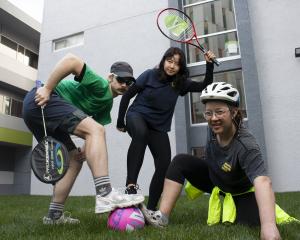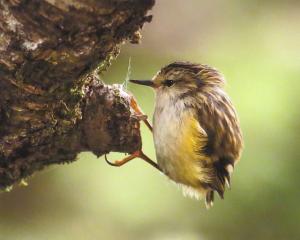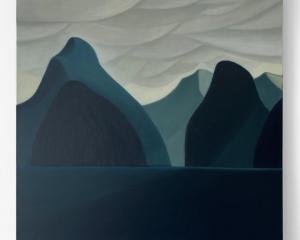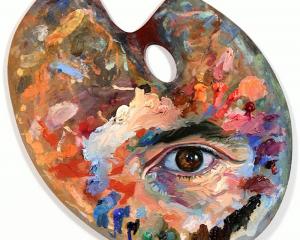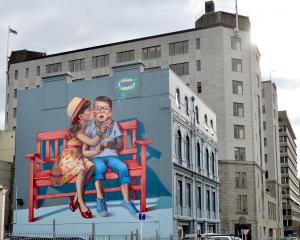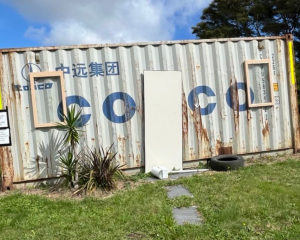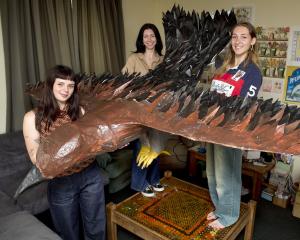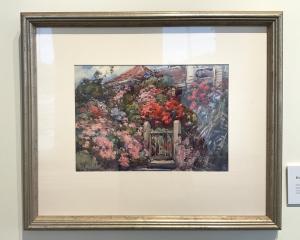New Zealanders' ‘‘very quiet'' body language provided a challenge for Uzo Nwankpa as she sought out interest in her community dance project.
The Nigerian nurse from the United States came to Dunedin six months ago as the Caroline Plummer Community Dance Fellow at the University of Otago's School of Physical Education.
Her aim was to extend her research into what has become known as the ‘‘Uzo Method'' - the use of dance to assist young mothers struggling with post-natal depression or isolation.
To do so, she needed some mothers to take part in her sessions.
‘‘I got these blank stares. I was unable to read people. It was very hard to know if there was any interest.''
However, she made a breakthrough with some mothers at the Parent Centre and the Wakari-Halfway Bush Toddlers playgroup.
‘‘There were about six or seven mums. Some showed up more than once a week, they loved it so much.''
They were encouraged to come along with baby carriers so they could dance with their babies.
She had hoped to reach people who were not open to the idea of dance being healing but soon realised the fellowship was not long enough to accomplish that.
‘‘There hasn't been enough time to build that rapport and openness with those suffering depression and anxiety.''
They would be the mothers who could not get themselves and their babies to a dance session and she did not have the ‘‘passport'' to knock on their doors to assist.
‘‘Six months was not enough time to get buy-in.''
Their responses had been positive, with many of the mothers looking forward to the opportunity to get out of the house and to talk to other mothers of young babies.
‘‘They really bonded.''
They were disappointed to see Ms Nwankpa go and had asked if she would do some sessions via the internet to keep them going.
‘‘There is nothing like face-to-face but there are other options today.''
The eight-week sessions were not long enough and ideally there would be time to teach leadership skills so the mothers could continue without her.
‘‘Next time around I'll focus more on supporting and facilitating so they can carry on on their own after the eight weeks.''
She also held information interviews with health workers at Queen Mary maternity centre about the issues of postnatal depression and anxiety.
‘‘The big thing is to better educate the general public to be aware mental health issues are treatable and there should not be a stigma.''
She found many of the issues faced by Dunedin health workers were the same as those faced in the United States.
As a result of her work, Ms Nwankpa and some of her mothers put on a performance with live music, text and choreography as part of the Moving Communities Conference at the University of Otago.
‘‘I am Here, We are Here, is a tribal celebration of the power of motherhood, sisterhood, dance and community.''
Overall she had learnt a lot while in Dunedin, had meet ‘‘some cool people'' and even learnt to enjoy the city's weather.
‘‘It's sad it's ending.''
She would now take time to process the information she had gathered with the aim of publishing her findings.
Firstly she was taking a trip ‘‘home'' to Nigeria to see her parents and explore the impact of indigenous music and dance on new mums.
‘‘Is it a protective factor against mental health issues?'

